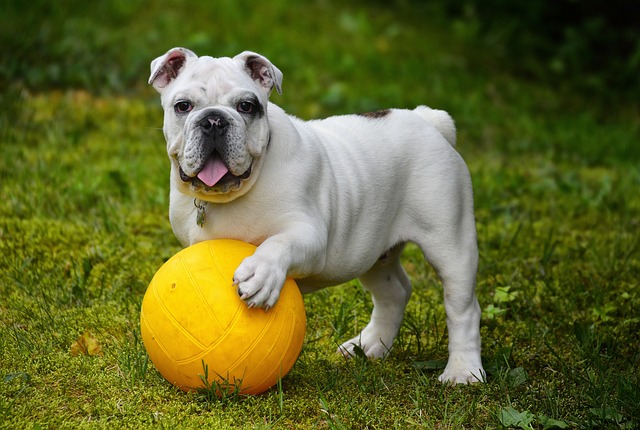
Would veterinarians recommend using dental cleaning sticks for pet dogs
If you’ve ever stood in the pet store, staring at a wall of dental chews while wondering if they’re worth the money, you’re not alone.
As a new dog owner in the US, you probably made sure your puppy got all their required shots. But now that your furry friend is all grown up, you might be wondering: Do adult dogs really need vaccines? It’s a common question, and the answer matters more than you might think for their health and your peace of mind.
Vaccines work by helping a dog’s immune system recognize and fight off harmful diseases. Puppies get a series of shots to build initial immunity, but that protection doesn’t last forever. Over time, antibody levels in adult dogs decrease, leaving them vulnerable to serious illnesses like rabies, distemper, and parvovirus. These diseases aren’t just dangerous—they can be fatal, even in healthy adult dogs. Veterinarians explain that regular vaccinations act like a “booster” for the immune system, keeping those disease - fighting defenses strong. Think of it like updating software on your phone: you need regular updates to stay protected from new threats.
So, what should you do to keep your adult dog vaccinated? Start by talking to your vet about a personalized plan. Core vaccines—like those for rabies, distemper, parvovirus, and adenovirus—are recommended for all adult dogs, no matter their lifestyle. Non - core vaccines, such as those for Bordetella (kennel cough) or Lyme disease, depend on your dog’s activities. If they visit dog parks, boarding facilities, or live in areas with ticks, these might be necessary. Keep a record of all vaccinations, and mark your calendar for due dates—most core vaccines need boosters every 1 - 3 years, depending on the vaccine and your vet’s advice. A quick visit to your local vet clinic, where they’ll check your dog’s health before vaccinating, is all it takes to stay on track.

In the US, vaccines aren’t just about health—they’re often the law. Rabies vaccination is mandatory for adult dogs in almost every state, with strict penalties for non - compliance, including fines or even quarantine if your dog bites someone. This protects not just your pet but also public health, as rabies is deadly to humans too. Culturally, staying on top of vaccines is part of being a responsible pet owner, right alongside positive reinforcement training and keeping your dog well - behaved. If you live in an apartment, many buildings require proof of current vaccinations before allowing dogs to move in or use shared spaces like dog runs. When out in the community, other dog owners will appreciate knowing your vaccinated dog is less likely to spread illness—just as you’d want to know theirs are protected too. And don’t forget: even with vaccines, always clean up after your dog in public areas—another key part of responsible pet ownership.
Adult dogs absolutely need vaccines to stay healthy, legal, and part of a safe community. By keeping up with their shots, you’re giving your loyal companion the best chance at a long, happy life—while being the kind of neighbor and pet owner everyone admires.

If you’ve ever stood in the pet store, staring at a wall of dental chews while wondering if they’re worth the money, you’re not alone.

Walk down any pet store aisle, and you’ll see shelves lined with dental chews—colorful, bone-shaped treats promising to clean teeth and freshen breath.

If you’ve ever struggled to brush your dog’s teeth—dodging wiggly heads, slobbery paws, or the occasional playful bite—you’ve probably wondered about easier alternatives.

Finding your dog lethargic, with dry gums and sunken eyes, is enough to make any new pet owner panic. Dehydration creeps up fast

Watching your golden retriever scratch his ears raw after meals or sprint to the backyard with digestive urgency turns dinnertime into a nightmare.

There’s something undeniably captivating about a husky’s gaze, and when those eyes are a rich shade of brown, it’s like stumbling upon a hidden gem.